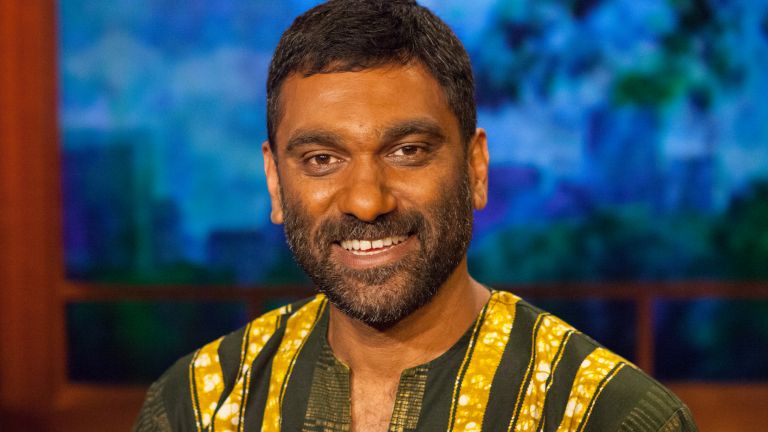Kumi Naidoo is the executive director of Greenpeace International, the largest independent direct-action environmental organization in the world. Under his leadership, Greenpeace convinced Unilever and Coca-Cola to discontinue the use of HFC gases, persuaded Nestle to stop buying palm oil from Sumatra, which suffers from continual deforestation, and has pressured Facebook to “unfriend” coal.
Naidoo is currently taking on major oil companies looking to drill in the Arctic, fighting what he calls “the defining environmental battle of our time.” His Save the Arctic campaign, which is supported by close to 4 million people worldwide, brought Naidoo to the organization’s front lines. In 2011 and 2012, Naidoo climbed oil rigs in the Arctic to protest oil exploration and drilling in the region, a bold move that placed Greenpeace and its cause once again in the international spotlight.
Naidoo was drawn to human rights as a young teen during the anti-apartheid movement in his homeland, South Africa. After being beaten and imprisoned for participating in the struggle against racism, he eventually fled the country. Naidoo spent his time in exile at Oxford as a Rhodes Scholar, earning a doctorate in political sociology.
In 1990 Naidoo returned to South Africa and became a prominent human rights activist, holding leadership positions on a wide range of education, development, women’s rights and social justice initiatives including South Africa’s first national literacy program and a 1997 national men’s march protesting violence against women and children.
From 1998 to 2008, Naidoo was the secretary general and CEO of Johannesburg-based Civicus: World Alliance for Citizen Participation, where he became honorary president. He has also served as a co-chair of Global Council’s Global Call to Action Against Poverty since its inception in 2003. When appointed executive director of Greenpeace International in 2009, he said: “History teaches us that real change only comes when good men and women are prepared to put their lives and personal safety on the line to advance the cause of justice, equity and peace.”

